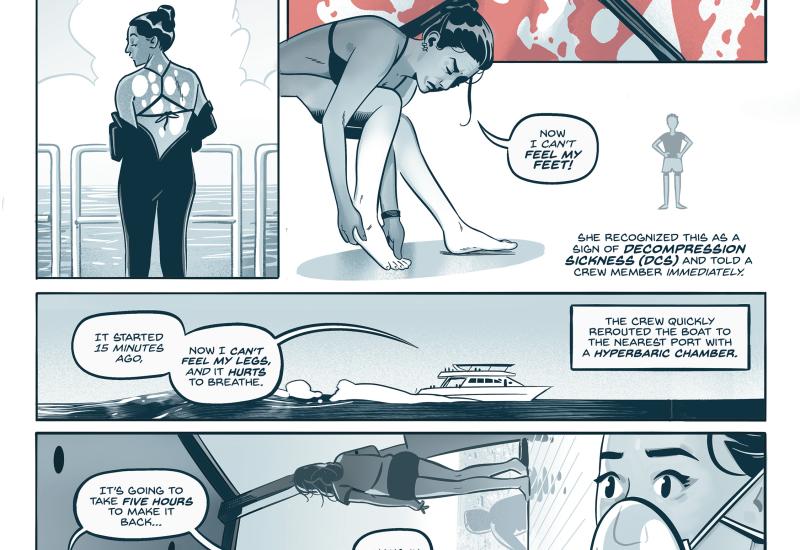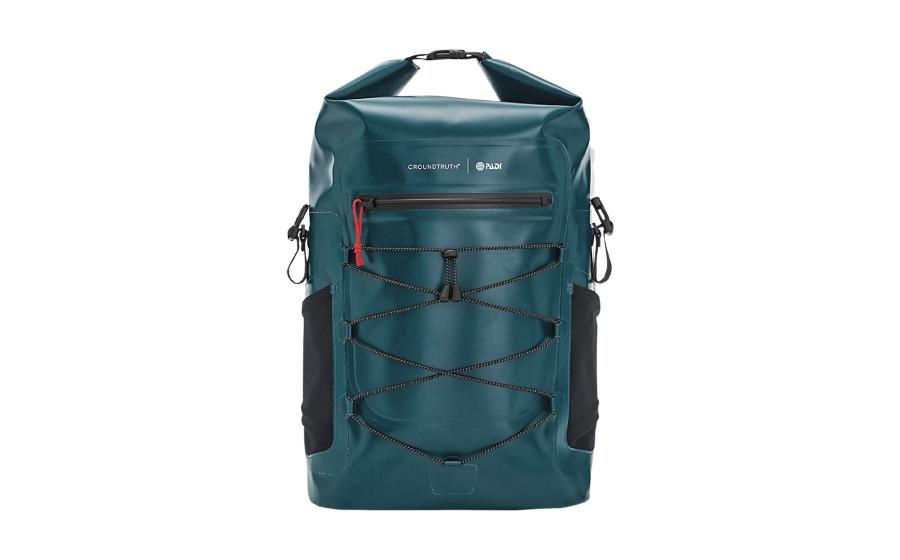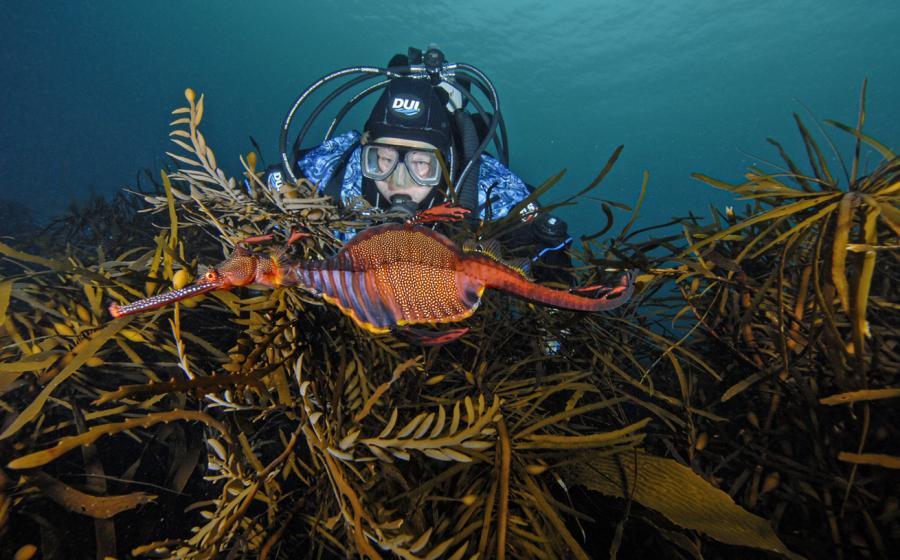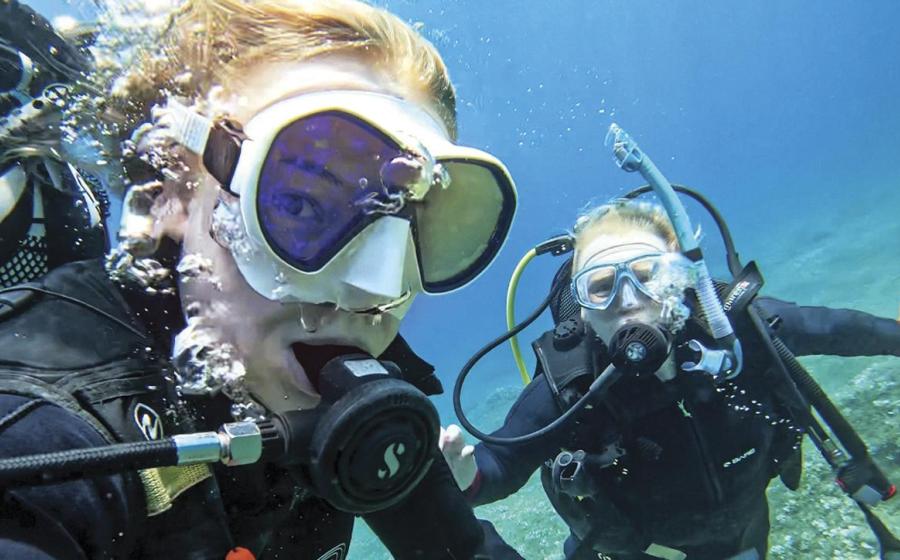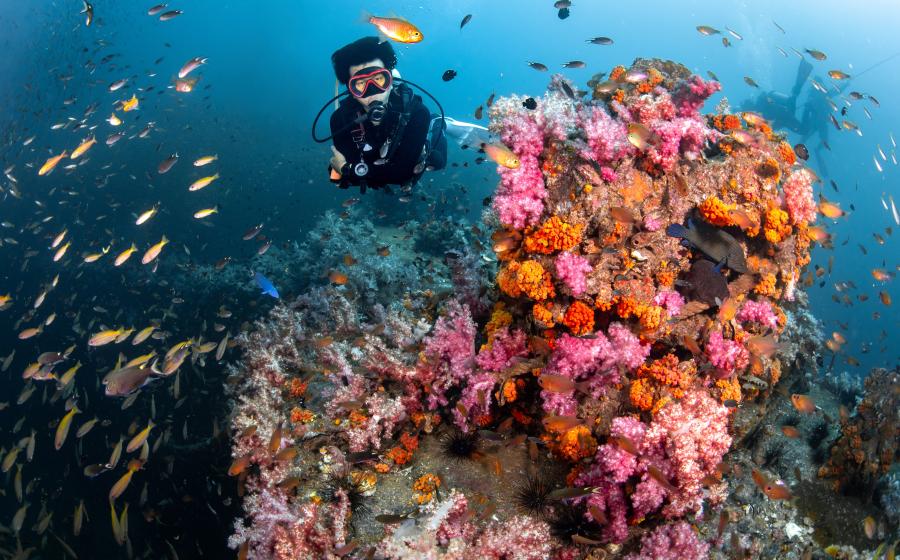Lessons For Life: Aftershock
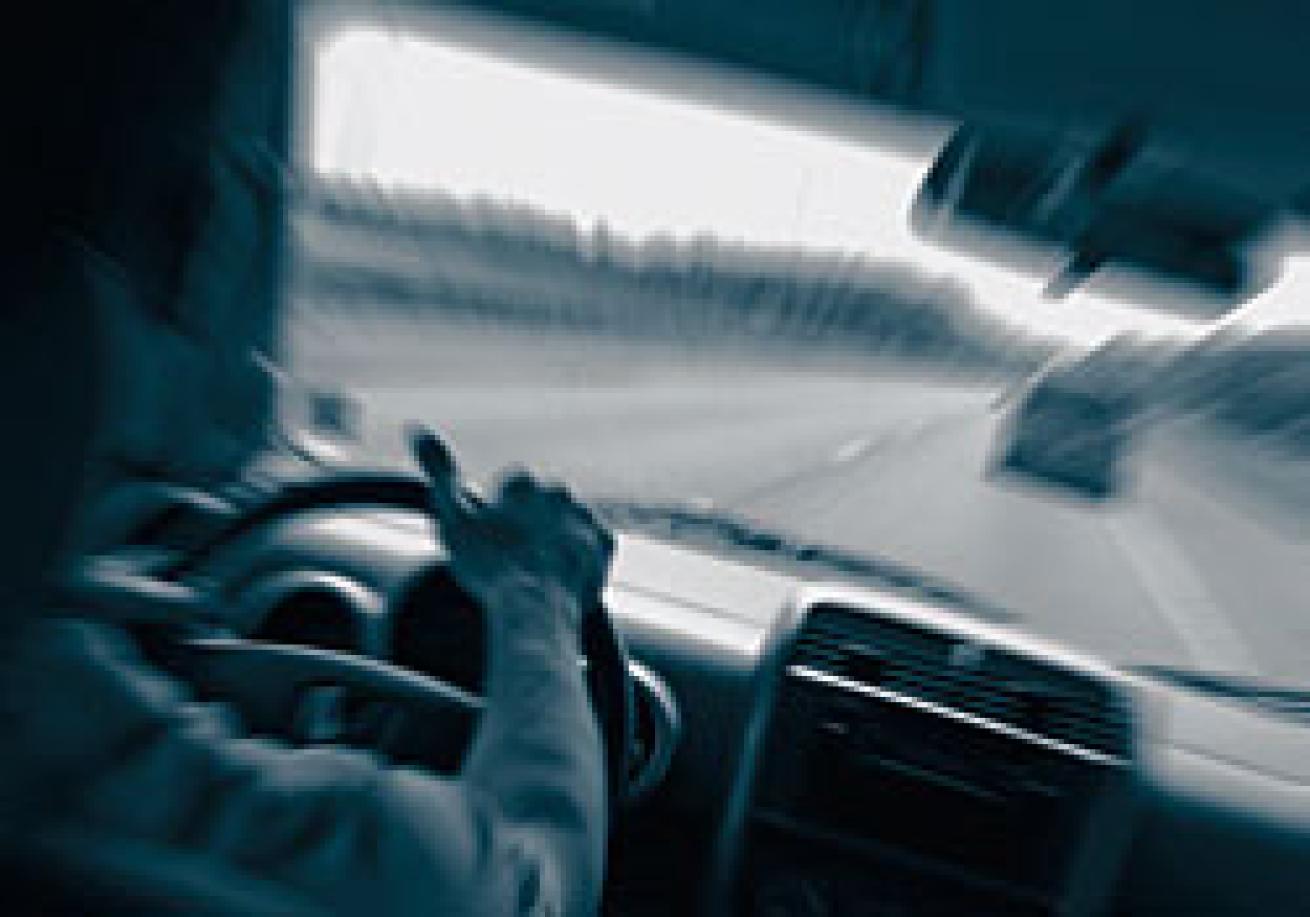
Photograph by Moira Honeyman
Jay's eyelids sagged as his gaze fixed on the double white lines extending to the horizon like strings tentatively connecting his truck to the road. His chin dropped to his chest as his mind wandered blissfully back to the day's dives. Relaxed and content, he'd emerged from the warm waters of the Gulf of Mexico and spent the long return boat trip swapping stories with the other divers. Back at the dock, he'd felt fatigued, but shrugged it off as he began the long drive home. The sharp smell of gasoline snapped Jay back to consciousness, and he discovered the disturbing reality: He'd veered off the road and ended up battered and bruised amid the twisted metal of his totaled truck.
The Diver
A healthy, active dive instructor in his fifties, Jay frequently took advantage of his days off to join a regular crowd of hard-charging spearfishermen on their dive trips in the Gulf of Mexico. He was no stranger to these waters. With thousands of dives in his logbook, he knew the area and the marine life that lived here like old friends, and on these trips, Jay and his buddies often made multiple deep dives--today was no different.
The Dive
White-hot sun, glass-calm seas and clear, warm water. The day's conditions were standard for this time of year, and Jay comfortably made two dives in the 100-foot range that went off without incident. Both of Jay's profiles fell well within his dive computer's limits.
The Accident
The tropical Florida sun and a long day on the water can take their toll on the hardiest of divers, and Jay probably suffered from dehydration despite conscientiously drinking fluids throughout the day. The dehydration, combined with the strenuous exertion of his deep dives and the punishing 95-degree heat, likely led to Jay's fatigue. Arriving back at the dock in late afternoon, he followed his usual routine, quickly loading his truck and hitting the road for the hour-long drive home. He felt tired--extremely tired--but told himself it was normal and pushed on, looking forward to a long shower and a hot meal. When he came to and saw his crumpled vehicle from the inside, he realized he'd fallen asleep at the wheel, run off the road, and spun his full-size pickup truck around on the shoulder and into a pole. The impact totaled the pickup, shearing off the entire right side, dislocating the rear axle and rupturing the fuel tank. Jay fared better than his ride, suffering only minor scrapes and bruises, and as the gravity of the situation sunk in, he looked around desperately. Jay breathed a sigh of relief when he saw that despite the heavy traffic on the highway, his was the only damaged vehicle, and no one else was injured. Aside from the loss of his truck and a little wounded pride, there were no serious damages--this time.
Analysis
It's possible that the severe fatigue Jay experienced could have resulted from a mild DCS hit. However, after in-depth interviews with Jay, this seems unlikely. Instead, it appears that he was guilty of driving while drowsy, an offense that's all too common among divers and nondivers alike. The National Highway Traffic Safety Administration recently reported that, in the last five years, driver fatigue has accounted for more than 1.35 million automobile accidents in the United States alone, and here at Scuba Diving, we were able to verify 13 serious accidents in the past two years that involved divers falling asleep at the wheel on the way home from a dive trip. As divers trying to log bottom time on top of hectic professional and personal lives, many of us push hard to maximize our diving opportunities. After taking advantage of our "down" time, it's easy to end up locked into long commutes when we're far too tired to take the wheel.
In this column, I frequently say the dive isn't over until everyone's back on the dock with his or her gear securely stowed away, but perhaps I'm not thinking broadly enough. Dehydration and physical exertion, which affect divers on nearly every dive, can both cause and aggravate fatigue. Extreme fatigue can also be a symptom of decompression sickness. So, whether it's seeking medical help for possible DCS or just taking a break at a rest stop, all divers should consider the implications of fatigue any time they feel excessively tired and take corrective steps whenever necessary, especially when operating a vehicle. If you feel tired after loading your gear, take a 30-minute power nap before beginning your drive home. If you know ahead of time that you'll have an exhausting dive schedule followed by a long-haul commute, drive with a buddy so you can keep each other awake or, at the very least, take turns sleeping. Better yet, plan your dives so that you can get a good night's rest before making a marathon drive. Let's all, myself included, make sure to remember that a day of diving isn't over until you've arrived safely at your doorstep.
Lessons for Life
Stay hydrated. There's no exact science to hydration, says Dr. Jake Freiberger, a medical director at the Divers Alert Network, but you should definitely drink fluids anytime you're thirsty, and avoid alcohol, sodas and caffeinated energy drinks when you're in the hot sun.
Take a nap. There's no substitute for proper rest before driving home, especially before long commutes, but if you can't wait until morning, at least stop at a rest stop for a power nap if you're nodding off at the wheel.
Watch for bigger problems. Fatigue can be a symptom of DCS. When in doubt, get checked out.

